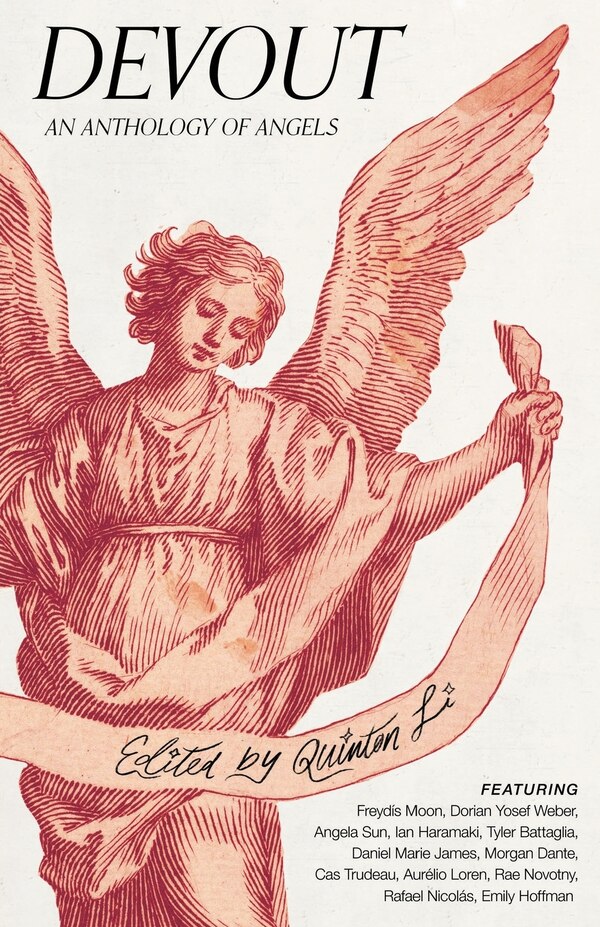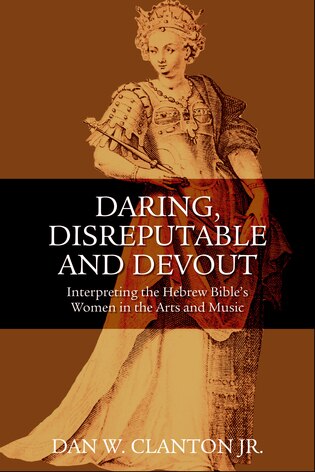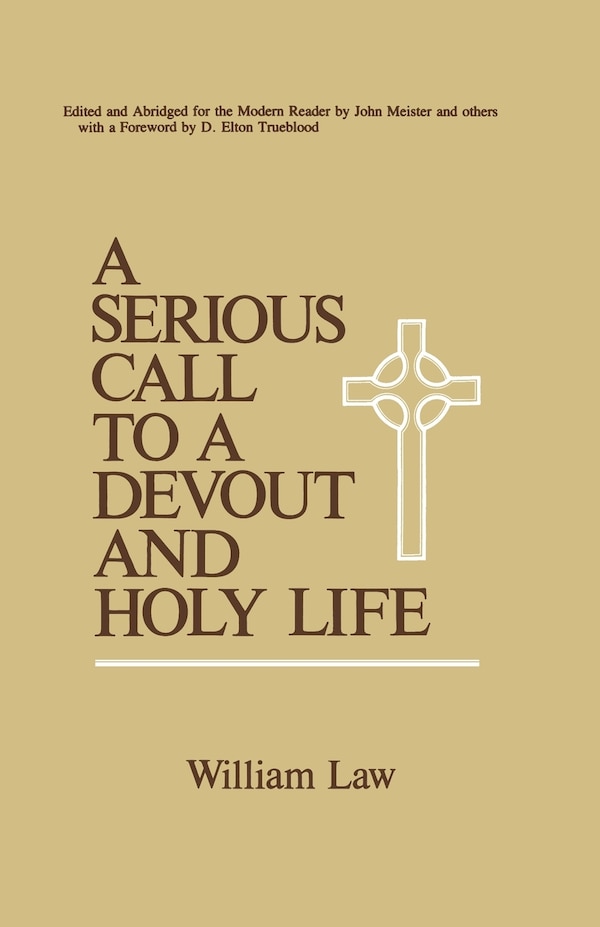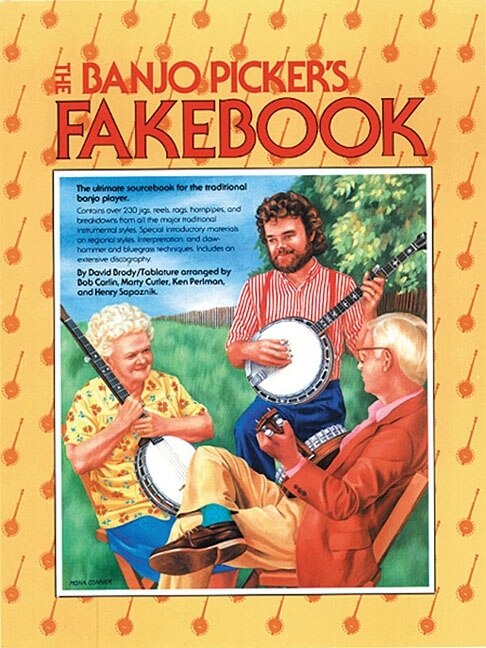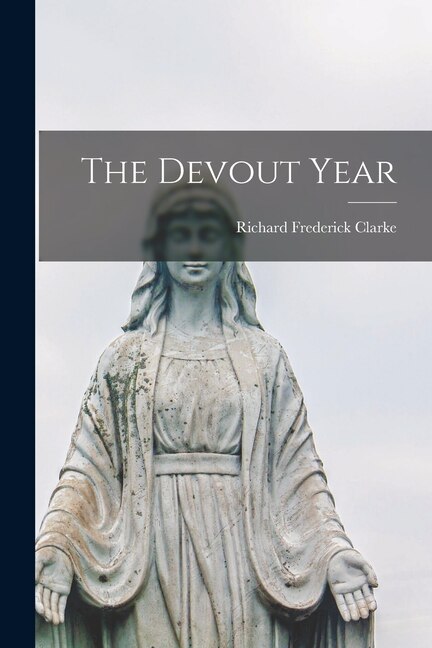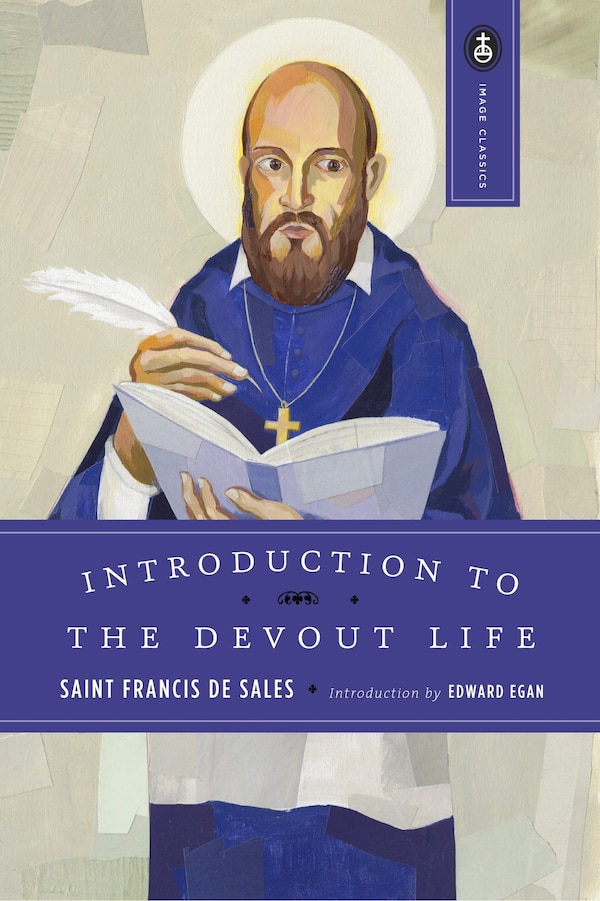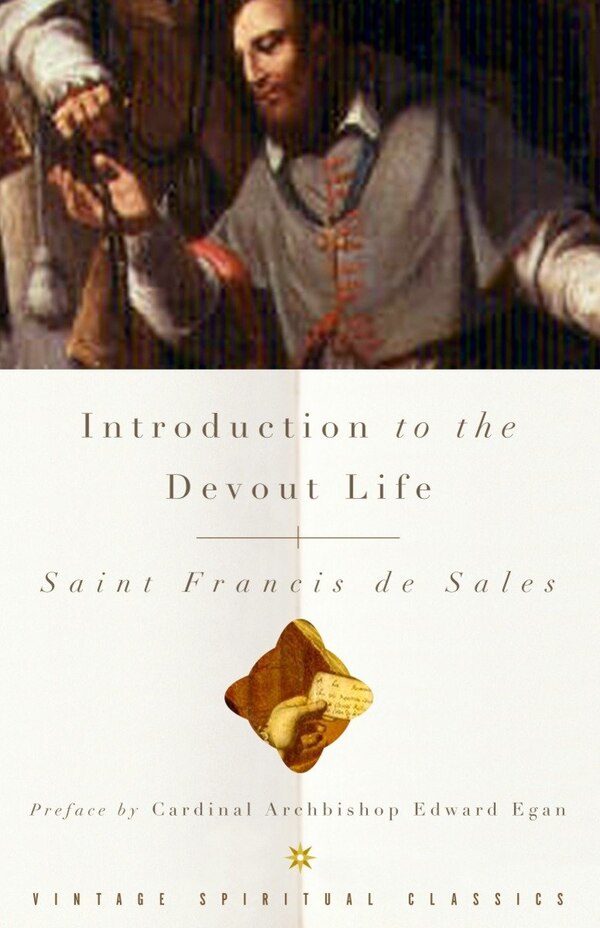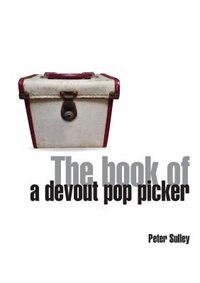
Compare The Book of a Devout Pop Picker by Peter Sulley, Paperback | Indigo Chapters
Peter Sulley
$16.99
This is a different kind of music history, a chronicle of pop development and chart action from 1963 to 1983, from the point of view of one anonymous customer, a music lover who falls in love with 45s as a small child and grows into a young adult with the beginnings of a record collection to purr over. The narrative details cultural trends and important records, but not all of them, because they don't all impact on everybody. Sometimes we are told that a record is important when we don't even know how it goes. Sometimes a record is more important to us than others seem to think it should be. So there is context and explanation - it is a history after all - but the story is the narrator's personal experience. It picks up threads relevant to him, following them as they develop and intersect. You never find out his name, or those of his friends and family: indeed they are rarely mentioned, except in relation to music; via anecdotes of how they reacted, or over-reacted, to particular records. A similar history written by another pop picker might therefore be very different. But it would be just as true. It begins with his birth, in the first explosion of Beatlemania, the impact of which radically alters the time-honoured practice of the midwife. This sets the scene. Over the next four years he discovers the effect that records have, both on him and on those around him. He is delighted, puzzled, unnerved, forewarned. They will teach him new words and phrases; they will present him with tableaux of high drama, they will send him scurrying for cover. He learns how to work the record player, but also how to abuse it, experimenting on the machinery and treating records like so many laboratory rats. Most of all however, he absorbs the music. We are used to hearing about the significance in our cultural history of the Beatles and other important 60s acts - now we learn what a four year-old made of them. In junior school, he chooses his first favourite band and embarks on the emotional roller-coaster of following their fortunes in the singles chart. He is now a nine year-old passing judgement on aspects of the glam era. He is taken to his first gigs, rowdy folk concerts full of cigarette smoke, alcohol fumes and bad language; a stark contrast with the church services and school assemblies where he learns other life-long favourites. Yet even here, where certain types of etiquette are observed, the appreciation of songs is often somewhat less than holy. His secondary school is a bleak, violent comprehensive where he struggles to settle in. Among the more reassuring influences are radio DJs, who broaden his experience and soothe his brow in the midst of the disco boom. Gradually finding his feet, he is overtaken by issues of principle. We see him standing against racism, resisting punk, becoming wary of tabloid newspapers and unreliable adults, falling out with record shop owners on matters of integrity, experiencing records as time machines, picking up his first understandings of pop history, beginning to collect original oldies, embracing ironic humour and suffering picture-cover envy - all while doing noble battle with peer pressure, fashion and the influence of the music press, as well as refining his storage systems. It ends when he is twenty, on something of a pop picker's cliff-hanger. The story is humourous, unorthodox and sincere, full of big opinions that are not always balanced out. This is no rock insider's jolly - some of the most fundamental episodes in pop are explained as if the reader has never heard of them before. Similarly, many records generally considered standards are introduced in terms of how they were first heard, rather than how posterity has come to treat them. Its context is the bedroom, the classroom and the bus stop. Its direction is dictated by the records. | The Book of a Devout Pop Picker by Peter Sulley, Paperback | Indigo Chapters

